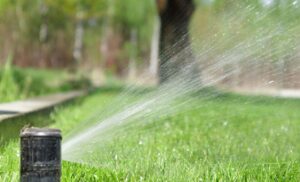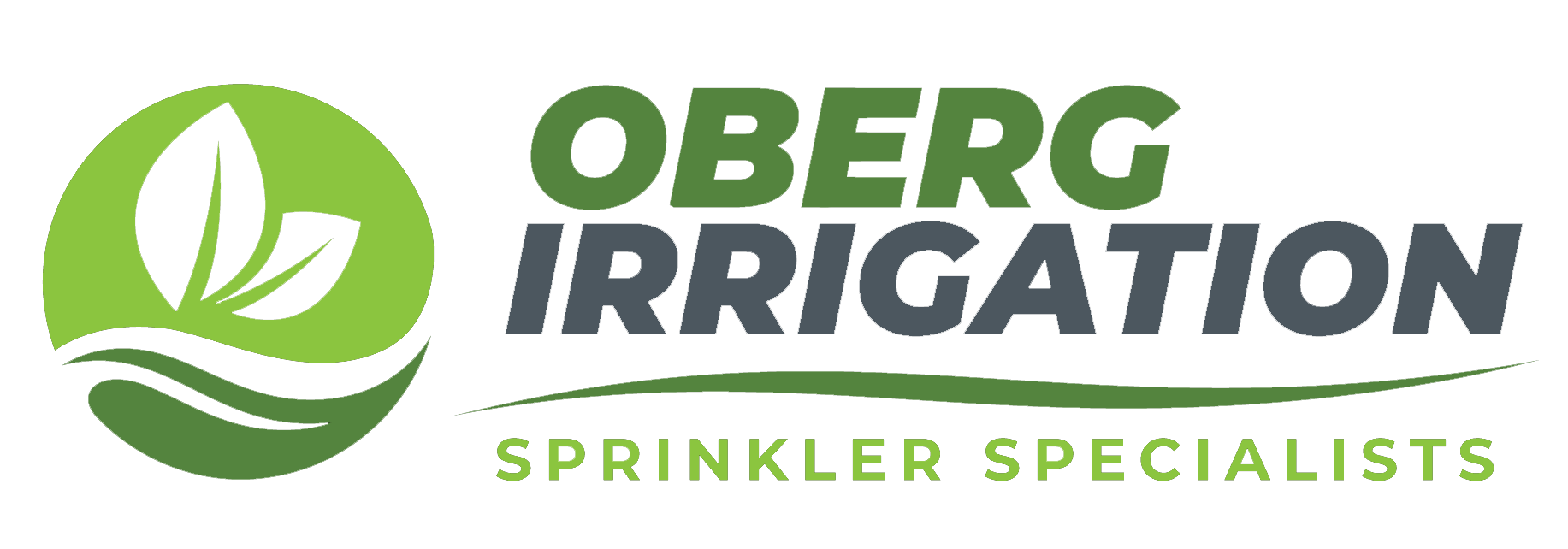How Much Water Does Your Yard Need?
Water is a fundamental element for maintaining a healthy and vibrant yard. Proper hydration is key to the health of your lawn and plants, affecting everything from root development to resistance against pests and diseases. By understanding and managing the water needs of your yard, you can not only ensure the lushness and beauty of your landscape but also conserve water and reduce your environmental footprint.
Overview of Water Requirement For Yards

A well-maintained yard typically requires about 1 to 1 ½ inches of water per week, but this amount can vary significantly based on several factors. Providing the right amount of water will help develop deep root systems, enhancing your lawn’s drought tolerance and keeping your grass looking its best. Excessive water, however, can lead to problems like root rot, fungus, and nutrient leaching.
Determining Water Requirements for Your Lawn
- Grass Type – The specific variety of grass you have impacts how much water your lawn will need. Cool-season grasses like Kentucky Bluegrass, ryegrass, and tall fescue prefer cooler temperatures and require more water to stay green and healthy, especially during warmer months. In contrast, warm-season grasses, such as Bermuda, St. Augustine, and Zoysia are more drought-resistant and typically need less water.
- Rainfall – Monitoring local rainfall is an important piece of effective lawn watering. Use a rain gauge to measure rainfall levels and adjust your watering schedule accordingly. This practice helps avoid the common pitfall of overwatering following rain, which not only wastes water but can also harm the health of your lawn and plants.
- Time of Day – The best time for watering is early in the morning. This timing allows the water to reach deep into the soil, promoting strong root growth and reducing the evaporation that occurs during the hotter parts of the day. Watering in the evening should be avoided, as it can lead to prolonged moisture on the grass blades overnight, which increases the risk of diseases like mildew or fungi.
- Sunlight – Sun exposure significantly affects water evaporation and absorption rates. Lawns with full sun require more water and more frequent watering to compensate for increased evaporation. Conversely, shaded areas retain moisture longer and may need less frequent watering.
Incorporating an Irrigation System
Investing in an efficient irrigation system can greatly enhance the effectiveness of your yard care. Systems like automatic sprinklers can be timed to water at the best time of day and adjusted to deliver the exact amount of water your lawn needs. This technology not only simplifies lawn maintenance but also ensures that each section of your yard receives adequate hydration based on its specific conditions.
Soil Type and Its Impact
- Sandy Soil – Sandy soil, which drains quickly and retains little moisture, may require more frequent watering to ensure that plants receive adequate hydration. However, each watering session should be brief to prevent water wastage as the water tends to percolate down away from the root zone rapidly.
- Clay Soil – Clay soil holds water for a longer duration due to its dense structure. While this can reduce the frequency of water needed, it also requires careful management to prevent waterlogging. Watering clay soils less frequently but deeply is the best strategy to encourage deeper root growth and prevent surface saturation.
Consult the Professionals
If you’re unsure about the specific needs of your yard or how to implement an effective watering schedule, consulting with professionals like Oberg Irrigation can be very beneficial. They can provide tailored advice, design a custom irrigation system to suit your landscape, and help you optimize your watering practices to achieve a healthy and beautiful yard.
Conclusion
Effective water management in your yard goes beyond merely keeping your lawn green. It’s about creating a thriving environment where all your plants can flourish. By taking into account the type of grass, soil conditions, climate, and proper irrigation techniques, you can be sure that your lawn is resilient, healthy, and beautiful throughout the year. Remember, every drop counts, and by adjusting your watering practices to the needs of your yard, you’re not only nurturing your lawn but also conserving water and supporting a sustainable future.
Where to Go for Help
Based in Bountiful Utah, Oberg Irrigation offers personalized sprinkler systems engineered for the distinctive needs of your landscape in Salt Lake County, Summit County, Davis County & Weber County. Our commitment to efficient water use ensures that your lawn and garden are perfectly watered while minimizing waste. With Oberg Irrigation, you gain access to over 20 years of expertise in a broad range of irrigation technologies, ensuring that every aspect of your sprinkler system is managed with precision, from initial setup to routine maintenance.
For more information about the products and services we provide, contact us via our website or give us a call at 701-501-4488.
